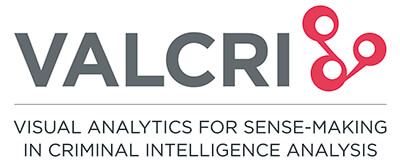

Graz University of Technology (German: Technische Universität Graz) is one of two universities of technology in Austria and was founded in 1811 by Archduke Johann of Austria. This year, Graz University of Technology (TUG) is celebrating its 200th anniversary. What began as a modest school in 1811, developed in the course of time into a very dynamic university of technology which pursues top teaching and research in the fields of engineering science and the technical-natural sciences. The strength of its knowledge-oriented and applied research in the context of numerous competence centres, the Christian-Doppler laboratories, special research fields, research focuses, and large EU projects ensure the quality of the education and training at Graz University of Technology. Especially in the last years the number of bachelor’s and master’s programmes as well as the number of students, which is meanwhile over 11,500, increased.
The teaching activities at Graz University of Technology are organised in seven faculties.
The Knowledge Technologies Institute (KTI), which is involved in the VALCRI project under the acronym TUG, is one of in total eight institutes of the Faculty of Computer Science.
CSS (Cognitive Science Section at the Knowledge Technologies Institute at Graz University of Technology) is involved in research activities in the context of security and therefore related data analysis, including the management of emergency situations and the improvement of intelligence analysis. In these fields decision makers need support to make correct decisions based on the available information. CSS investigates psychological methods to support the decision making process by applying psychological sound models on decision making, problem solving and sense-making with a special focus on cognitive biases and their mitigation. The visualization of relevant data plays a prominent role in this research. Especially, visual analytics is emphasised which provides useful instruments to support the analysts and knowledge workers.
PARTNER TECHNOLOGIES / CAPABILITIES BROUGHT TO PROJECT
Visual analytics – psychological methods supporting decision making process; elaborating sound models on decision making, problem solving, sense-making with a special focus on cognitive biases and their mitigation; Cognitive modelling and Competence-based Knowledge Space Theory; Adaptation, Personalisation, Self-regulated Processes; Information Visualisation; Virtual Learning Environments; Evaluation of adaptive systems and research environments